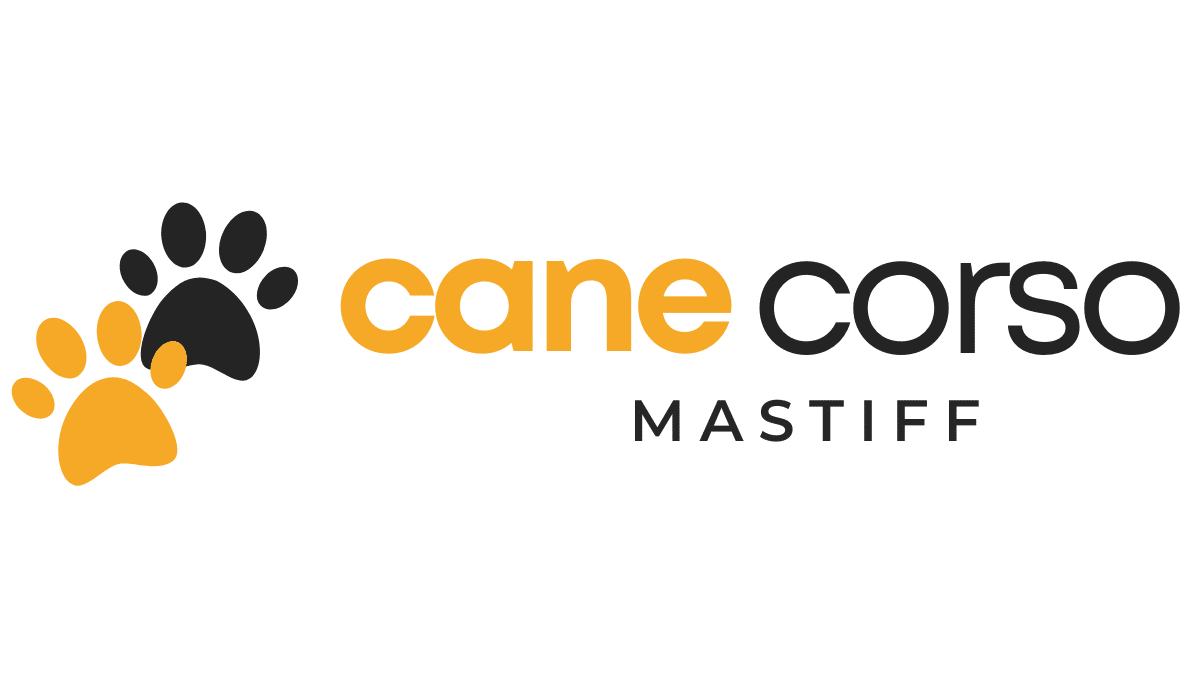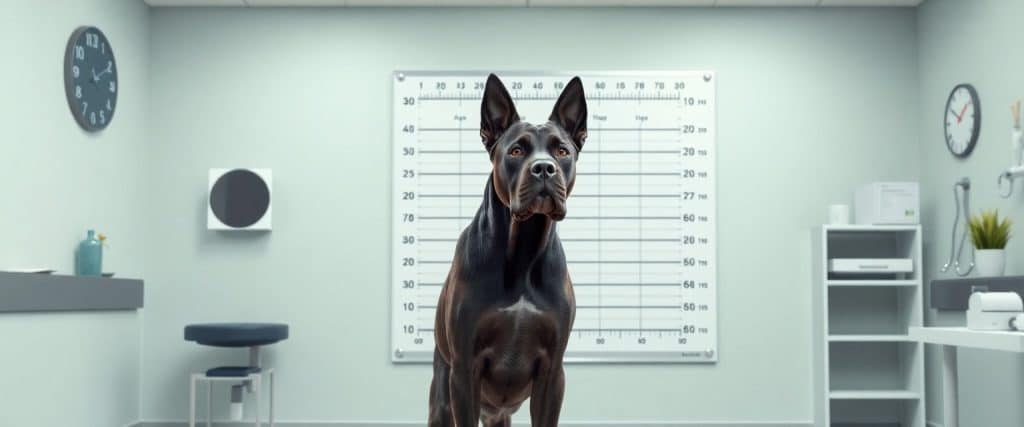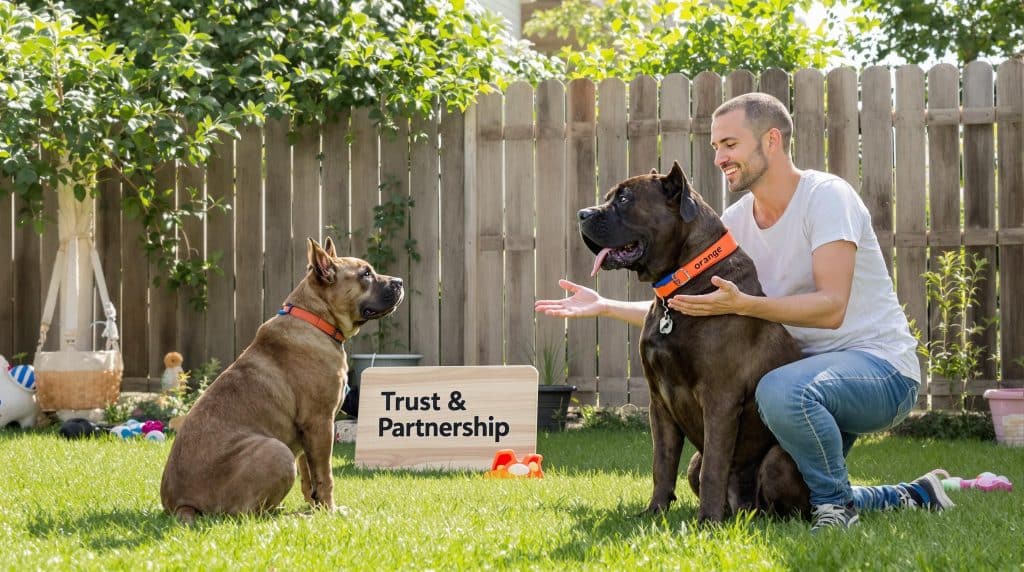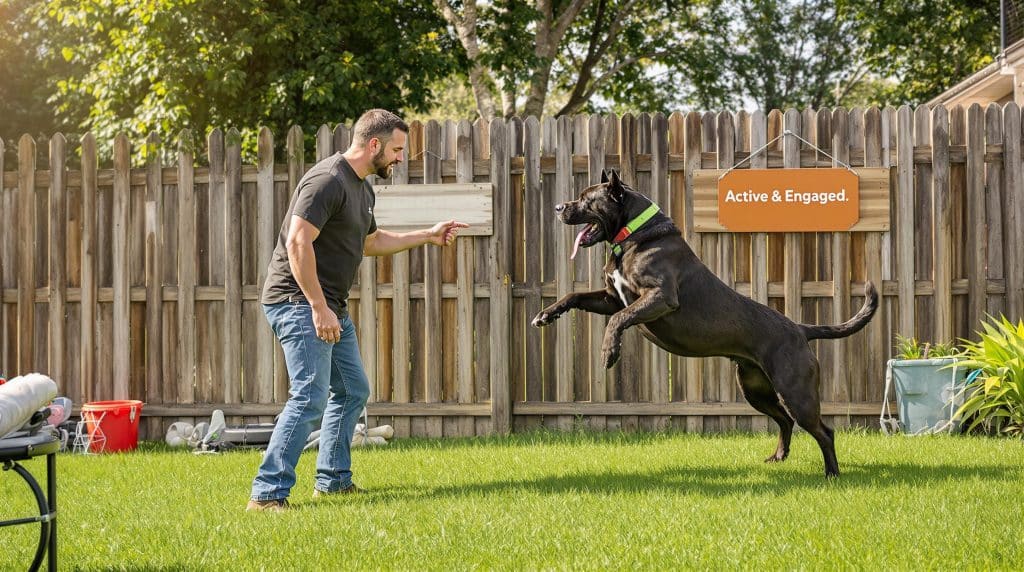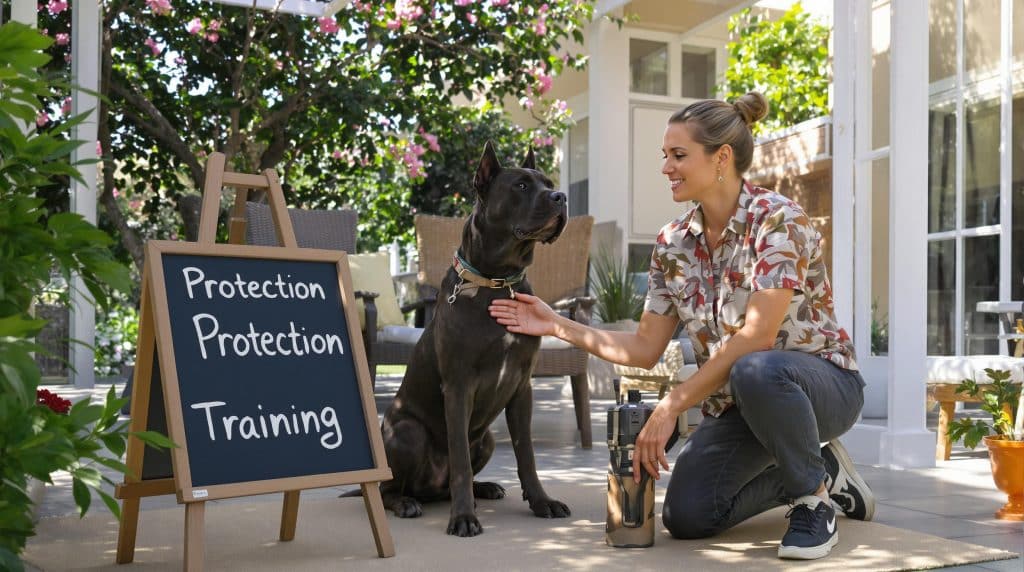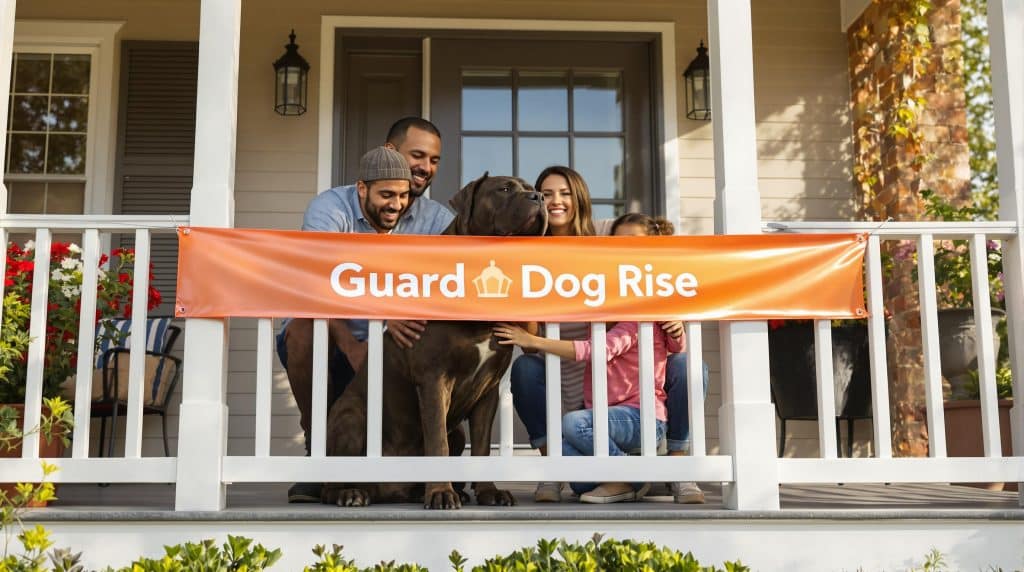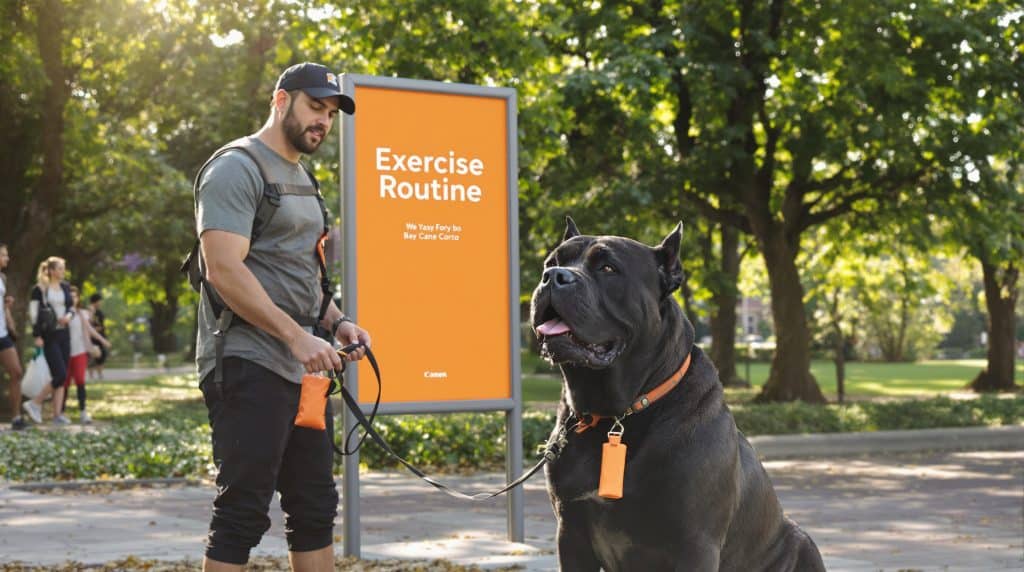The Cane Corso Mastiff is a magnificent breed that deserves thoughtful and well-informed care. From diet and exercise to grooming and preventive health, this section provides all the essentials you need to help your Cane Corso thrive.
Diet and Nutrition
A well-balanced diet is crucial for the health and longevity of your Cane Corso. As a large, muscular breed, they require quality protein and other nutrients to maintain energy and strength.
- Protein: Look for high-protein dog food with real meat as the first ingredient. Protein supports muscle maintenance and overall health.
- Healthy Fats: Omega-3 and omega-6 fatty acids promote joint health and coat condition. Fish oils or flaxseed oils are excellent sources of healthy fats.
- Portion Control: Cane Corsos are prone to overeating, so follow recommended serving sizes and monitor their weight. Feeding them twice a day can help prevent bloat, a common issue in large breeds.
- Avoid Fillers: Foods with fillers like corn, soy, and wheat are less nutritious and may lead to digestive issues. Choose natural, grain-free options when possible.
- Supplements: Consider joint-support supplements, especially as your dog ages, to help prevent hip and elbow dysplasia.
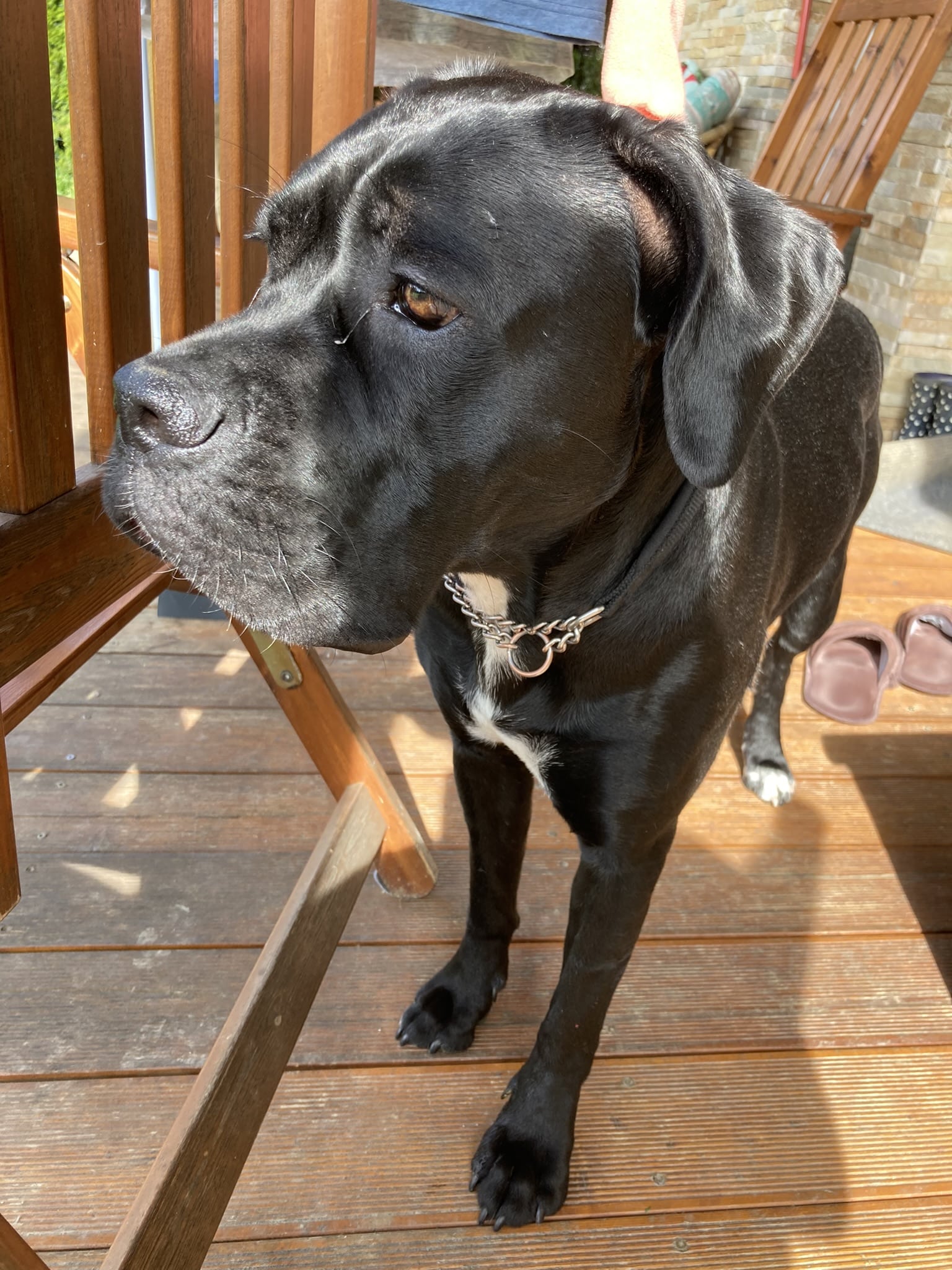
From Our Blog
Exercise Needs
Cane Corsos are powerful, athletic dogs that need consistent physical and mental exercise to stay happy and well-behaved.
- Daily Activity: Aim for at least 60–90 minutes of exercise per day. This can include walking, jogging, or playing in a fenced yard.
- Mental Stimulation: Cane Corsos are intelligent and enjoy activities that engage their minds. Puzzle toys, obedience training, and interactive games keep them mentally sharp.
- Structured Exercise: Activities like agility courses, scent training, or even weight pulling can help burn off energy while providing a sense of purpose.
- Avoid Overexertion: Cane Corsos are prone to joint issues, so avoid intense exercise on hard surfaces, especially when they are puppies or seniors.
Grooming
The Cane Corso has a short, dense coat that’s relatively easy to maintain, but regular grooming helps keep them clean and comfortable.
- Brushing: Brush your Cane Corso once a week to remove dead hair and reduce shedding. A rubber brush or grooming mitt works well for their coat.
- Bathing: They only need a bath every 6–8 weeks, or when they get dirty. Use a gentle dog shampoo to avoid irritating their skin.
- Nail Trimming: Regularly trim their nails to prevent discomfort and injury, especially if their nails aren’t naturally worn down through activity.
- Ear Cleaning: Cane Corsos have floppy ears, which can trap moisture and lead to infections. Check their ears weekly and clean them with a vet-approved solution.
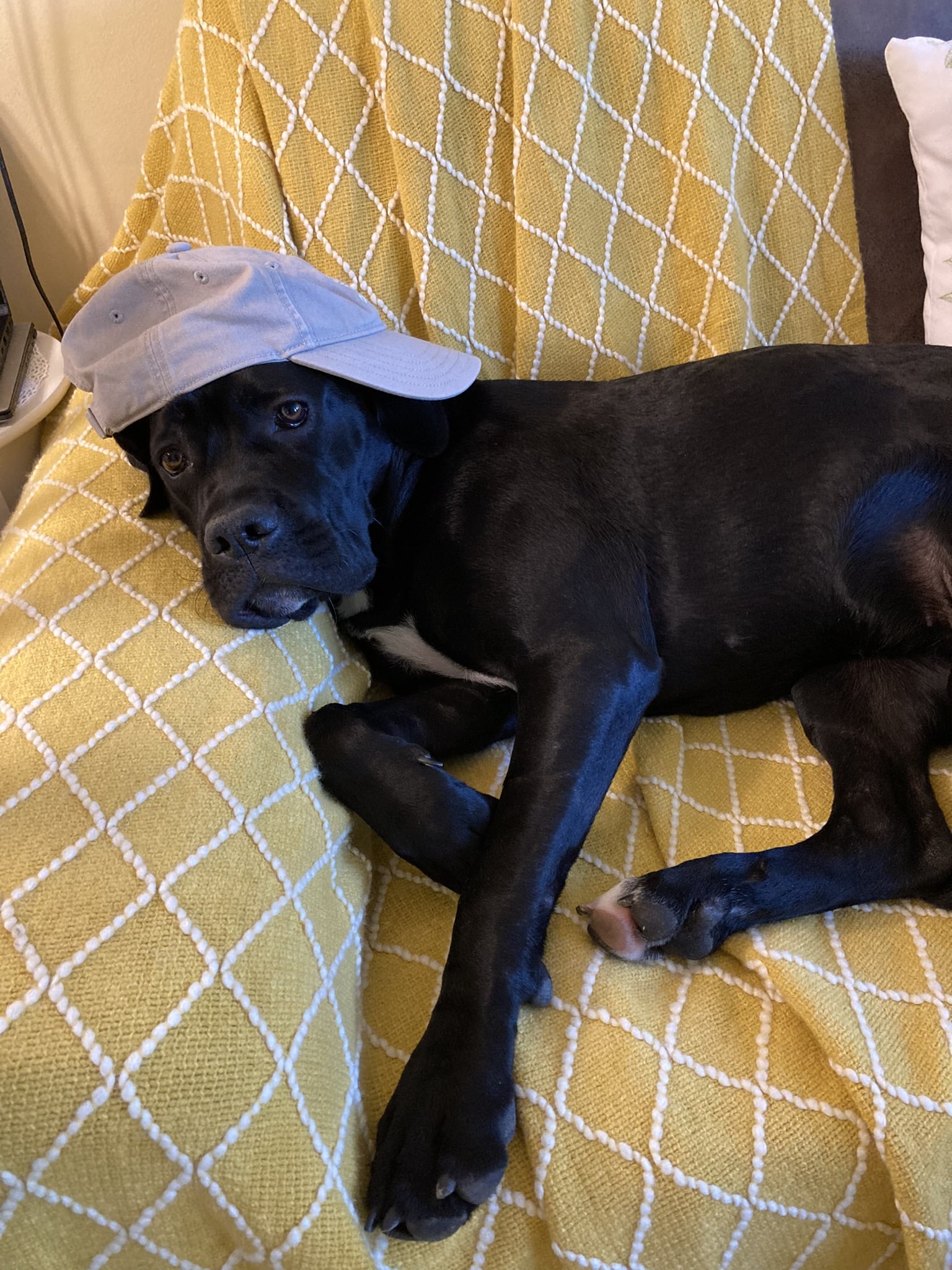
Health Issues
Like all breeds, the Cane Corso Mastiff has certain health predispositions that owners should be aware of.
- Hip and Elbow Dysplasia: Large breeds like Cane Corsos are susceptible to joint issues. Maintaining a healthy weight, providing joint supplements, and avoiding high-impact activities can help.
- Bloat (Gastric Dilatation-Volvulus): This serious condition can affect deep-chested breeds. Feed smaller meals throughout the day, avoid vigorous exercise before and after eating, and consider using a slow-feed bowl.
- Eye Conditions: Cane Corsos can be prone to eye issues like cherry eye and entropion. Regular vet check-ups can help detect and manage these conditions early.
- Skin Allergies: Some Cane Corsos may develop skin allergies. Monitor for signs of itching, redness, or hot spots, and work with your vet to identify any triggers.
Frequently Asked Questions
What is the Recommended Age for Spaying or Neutering a Cane Corso Mastiff?
Many veterinarians recommend waiting until a large breed dog like the Cane Corso is at least 18 months old before spaying or neutering. This allows their bones and joints to develop fully, reducing the risk of health issues related to early sterilization. Discuss the timing with your vet to consider any health or behavioral factors unique to your dog.
Should I Spay or Neuter My Cane Corso?
Spaying (for females) or neutering (for males) is a personal decision and can have benefits, such as reducing the risk of certain cancers and helping to manage behavior. It’s generally recommended to wait until your Cane Corso is fully grown—usually around 18–24 months—before considering sterilization. Early spaying or neutering in large breeds can sometimes impact bone growth, so consult with your veterinarian to decide the best time for your dog.
Are There Any Behavioral Benefits to Neutering My Cane Corso?
Neutering may help reduce behaviors like territorial marking, roaming, and certain forms of aggression, especially in male Cane Corsos. However, it’s not a substitute for proper training and socialization. For best results, ensure your Cane Corso has consistent training and positive reinforcement, regardless of whether or not they’re neutered.
How Can I Manage Shedding in My Cane Corso?
While Cane Corsos have a short coat, they do shed, particularly during seasonal changes. Regular brushing with a grooming mitt helps remove loose hair and keep their coat healthy. Bathing every couple of months also reduces shedding.
What’s the Best Diet for a Cane Corso Mastiff Puppy?
Cane Corso puppies need a diet rich in protein and essential fatty acids to support growth and development. Choose a high-quality large-breed puppy food to provide balanced nutrition without promoting excessive weight gain. Puppies should be fed three to four smaller meals per day to prevent bloat and help with digestion.
